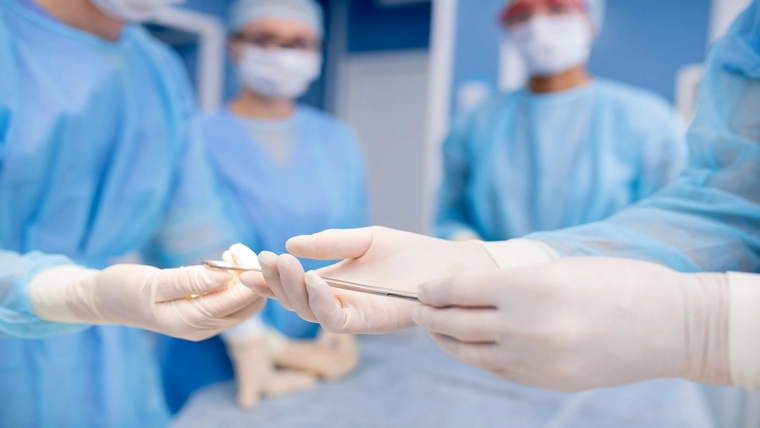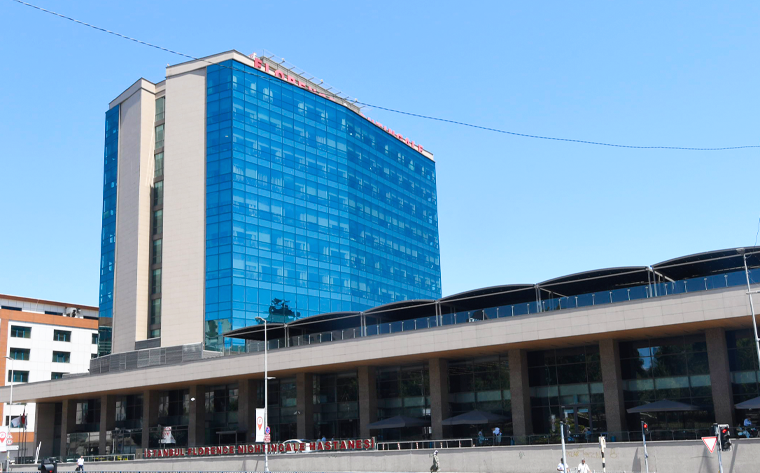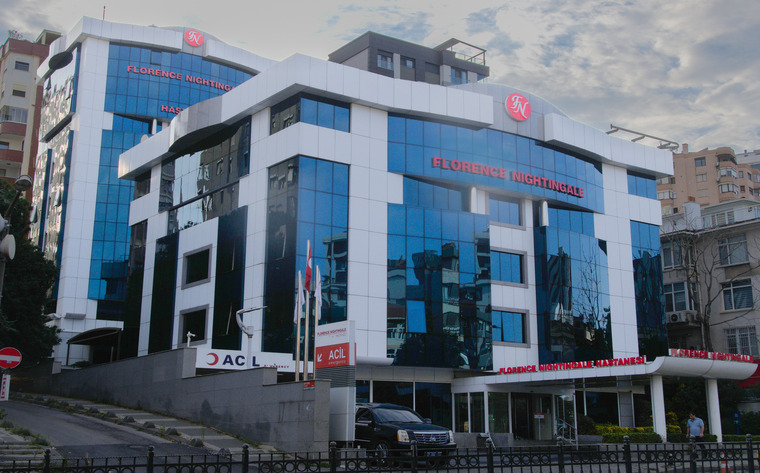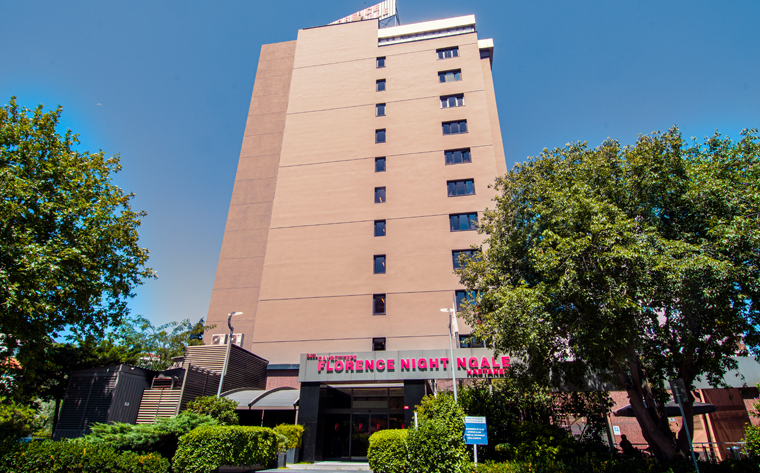
What is the Department of General Surgery and What Diseases Does It Cover?
General surgery is a branch of medicine that covers the diagnosis and treatment of diseases that require surgical interventions in various organs and systems of the body. General surgeons specialize in areas such as the digestive system, liver, pancreas, gallbladder, spleen, thyroid, breast, skin and soft tissue. This department can be applied for diseases such as various types of cancer, appendicitis, hernia, gallbladder stones, thyroid diseases and benign tumors.
About the Department of General Surgery
The department of general surgery is one of the broadest and most comprehensive branches of modern medicine. General surgeons, who care for patients before, during and after surgery, must have a wide range of knowledge and skills. Doctors working in this department work to evaluate the general health of patients, make accurate diagnoses and determine the most appropriate treatment method.
Who is a General Surgery Specialist and What Are Their Duties?
General surgeons are doctors who are trained and specialized in general surgery. Their duties include evaluating patients for surgical treatment of diseases, planning and performing surgeries, providing postoperative care, and managing complications. They also need to have the ability to respond quickly and effectively in emergency situations.
What Diseases Does General Surgery Cover?
General surgery covers the diagnosis and treatment of many diseases that require surgical interventions in various organs and systems of the body. General surgeons deal with a wide range of diseases. Here are the main diseases and conditions covered by general surgery:
Digestive System Diseases- Appendicitis: In cases of inflammation of the appendix, emergency surgery is usually required.
- Gallbladder Diseases: Conditions such as gallstones and gallbladder inflammation.
- Intestinal Obstruction: In case of intestinal obstruction, surgical intervention may be required.
- Colon and Rectum Diseases: Colon cancer, diverticulitis and inflammatory bowel diseases.
- Liver Cysts and Tumors: Treatment of both benign and malignant tumors.
- Pancreatitis and Pancreatic Cancer: Surgical treatment of inflammation and tumors of the pancreas.
- Spleen Diseases: Spleen enlargement and spleen injuries.
- Breast Cancer: Surgical treatment of breast cancer, procedures such as mastectomy and lumpectomy.
- Benign Breast Tumors: Surgical treatment of fibroadenoma and other benign breast diseases.
- Thyroid Nodules and Cancer: Surgical removal of nodules and cancer in the thyroid gland.
- Hyperthyroidism: Surgical intervention in case of overactivity of the thyroid gland.
- Inguinal Hernia: Repair of hernias occurring in the groin area.
- Umbilical Hernia: Surgical treatment of hernias occurring in the umbilical region.
- Post-Operative Hernias: Hernias that occur from previous surgical incisions.
- Lipomas and Cysts: Removal of benign tumors that occur under the skin.
- Skin Cancer: Surgical treatment of melanoma and other skin cancers.
- Traumatic Injuries: Surgical treatment of injuries resulting from traffic accidents, falls and other traumas.
- Emergency Surgeries: Urgent surgical interventions in life-threatening situations.
General surgeons have a wide range of knowledge and experience in diagnosing and treating these diseases. Treatment methods may vary depending on the type and severity of the disease and are determined by taking into account the patient's general health.
What are General Surgery Examinations?
General surgery examinations include taking the patient's medical history, performing a physical examination, and performing any imaging and laboratory tests deemed necessary. During the physical examination, the general surgeon evaluates the patient's complaints and examines the relevant area. Imaging methods such as ultrasound, MRI, and tomography may be used when necessary.
What Methods Are Used in General Surgery Treatments?
In general surgery treatments, in addition to traditional open surgery methods, laparoscopic (closed) surgical methods are also frequently used. Laparoscopic surgery is a method performed with smaller incisions and accelerates the healing process. In addition, robotic surgery and minimally invasive surgical techniques are also widely used today.
When Should You Go to the General Surgery Department?
The department of general surgery is a branch of medicine that specializes in the diagnosis and treatment of diseases that require surgical intervention in various organs and systems of the body. Certain symptoms and conditions require a referral to a general surgeon. Here is detailed information on when to go to the department of general surgery:
- Severe and sudden abdominal pain: Conditions that may require emergency surgery, such as appendicitis, gallstones, pancreatitis.
- Persistent and chronic abdominal pain: Conditions that require longer-term investigation, such as digestive system diseases or tumors.
- Rapidly growing or painful masses: Subcutaneous masses, lipomas, or other soft tissue tumors.
- Breast lumps: Evaluation of breast cancer or benign breast diseases.
- Prolonged constipation or diarrhea: Intestinal obstruction or inflammatory bowel diseases.
- Unexplained weight loss: Digestive system cancers or other serious illnesses.
- Swelling and pain in the groin, umbilical or post-operative areas: Evaluation and treatment of the presence of a hernia.
- Rectal bleeding: To investigate conditions such as hemorrhoids, fissures, or colon cancer.
- Bloody vomit or stool: Investigation of stomach or intestinal bleeding.
- Serious injuries: Evaluation of injuries resulting from traffic accidents, falls, or other trauma.
- Open wounds and cuts: Wounds that are at risk of infection or require stitches.
- Symptoms of appendicitis: Severe right lower abdominal pain, fever, nausea and vomiting.
- Symptoms of gallbladder inflammation: Upper right abdominal pain, fever, nausea and vomiting.
- Thyroid diseases: Surgical treatment of thyroid nodules or thyroid cancer.
- Breast diseases: Surgery for breast cancer or other breast diseases.
- Post-operative complications: Swelling, redness, fever or pain at the surgical site.
- Routine postoperative follow-up: Evaluation of the recovery process after surgical intervention.
What is Done During a General Surgery Examination?
During a general surgery examination, the patient is first given a detailed history and a physical examination is performed. The doctor listens to the patient's complaints and examines the relevant area and, if necessary, applies laboratory tests and imaging methods. As a result of the examination, the disease is diagnosed and a treatment plan is created.














